Congratulations to CrimSL PhD candidate Diego Tuesta (Supv: Professor Matthew Light) on "Is Vigilantism an 'Extralegal' Phenomenon?" being published as a chapter in the edited volume Punishment in Latin America: Explorations from the Margins, edited by Luiz Dal Santo (Oxford, UK) and Máximo Sozzo (National University of the Litoral, Argentina) by Emerald Publishing Limited, 21 November 2024.
"This essay was developed as part of my CrimSL comprehensive examination," says Diego.
Abstract
This chapter makes a critique of contemporary definitions of vigilantism in the social sciences. I demonstrate that many scholarly definitions, especially those that conceptualize vigilantism as an extralegal practice, involve problematic normative assumptions. Such definitions, I argue, often preconceive that state legal classifications are neutral, objective, timeless and universal. The critical question is whether the state is the only possible locus of legality. An affirmative response would deny the existence of plural or hybrid legal orders. Furthermore, with respect to vigilantism, extralegality is an external, state-dependent property. Using it as a definitional feature thus comes with the risk of reducing vigilantism to a secondary and subordinated political order vis-à-vis the state. That risk reminds us of the importance of epistemological vigilance in every research operation–especially concept formation. The chapter finally discusses possibilities for a normative-free definition of vigilantism.
Citation
Tuesta, D. (2024), "Is Vigilantism an “Extralegal” Phenomenon?", Dal Santo, L. and Sozzo, M. (Ed.) Punishment in Latin America: Explorations from the Margins (Perspectives on Crime, Law and Justice in the Global South), Emerald Publishing Limited, Leeds, pp. 183-199. https://doi.org/10.1108/978-1-83797-328-620241010


